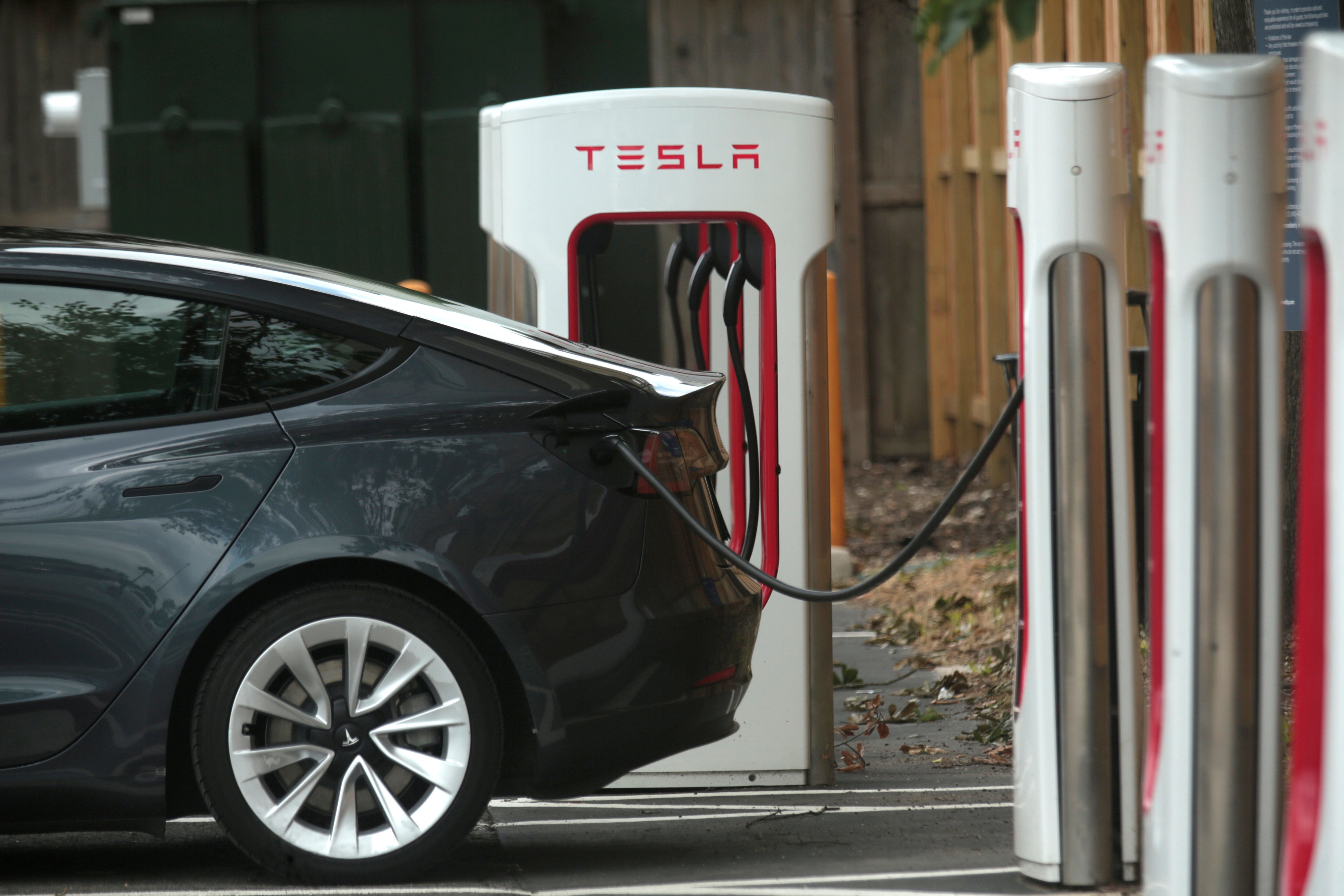Scientists are making ‘super batteries’ out of rock

Your support helps us to tell the story
From reproductive rights to climate change to Big Tech, The Independent is on the ground when the story is developing. Whether it's investigating the financials of Elon Musk's pro-Trump PAC or producing our latest documentary, 'The A Word', which shines a light on the American women fighting for reproductive rights, we know how important it is to parse out the facts from the messaging.
At such a critical moment in US history, we need reporters on the ground. Your donation allows us to keep sending journalists to speak to both sides of the story.
The Independent is trusted by Americans across the entire political spectrum. And unlike many other quality news outlets, we choose not to lock Americans out of our reporting and analysis with paywalls. We believe quality journalism should be available to everyone, paid for by those who can afford it.
Your support makes all the difference.Future electric vehicles could run on “super batteries” made of rocks, according to researchers.
The new technology would allow for solid state batteries that are not only more efficient than today’s batteries, but more environmentally friendly and safe, too.
That is according to scientists at the Technical University of Denmark who have invented a new technology that uses a material based on potassium silicate, a mineral that can be found in normal rocks.
Today’s electric vehicles, like our phones and many other rechargeable devices, run on lithium-ion batteries. They are widely used because they are a relatively reliable way of storing charge.
But they have limited capacity and have proven unsafe. The lithium required to make the batteries is also expensive and harmful to the environment, which has held back the move towards sustainable forms of transport.
One big hope is to build solid-state batteries that would be more efficient and better for the environment. But that will require designing whole new kinds of batteries, as well as replacing the anode, cathode and electrolyte that are the central parts of today’s batteries..
Often, when engineers have claimed to have found reliable ways of replacing those materials for solid-state batteries, they have led to disappointment. Car manufacturers have repeatedly suggested that the technology is coming soon, for instance – only to cancel the cars that rely on it.
The researchers behind the new technology say that it could one day allow for “super batteries” that use potassium and sodium silicates instead of the lithium of today. Those rock silicates can be found in garden stones.
That would allow it to be found relatively inexpensively, as well as in a way that does not harm the environment so much since silicates cover 90 per cent of the surface of the Earth. It is not sensitive to air or humidity, the researchers say.
The batteries could also be made very thin, so that they take up less space. It could allow for cars that are able to drive 1,000km on one 10-minute charge, the researchers behind it say.
But as with many previous breakthroughs, the Technical University of Denmark researchers behind the new material say that it is still not ready, and that much more research will be required to take it out of the lab and into cars. That might not happen for another 10 years and comes with its own risks, researchers warned.
Join our commenting forum
Join thought-provoking conversations, follow other Independent readers and see their replies
Comments